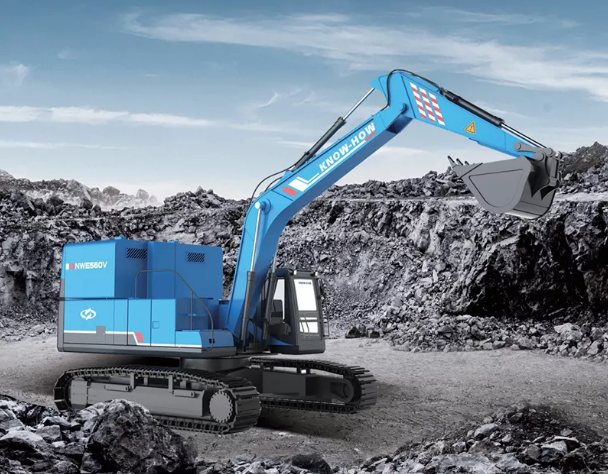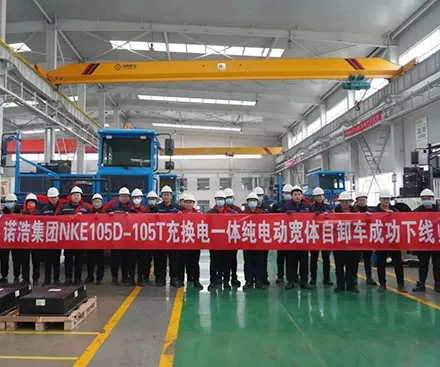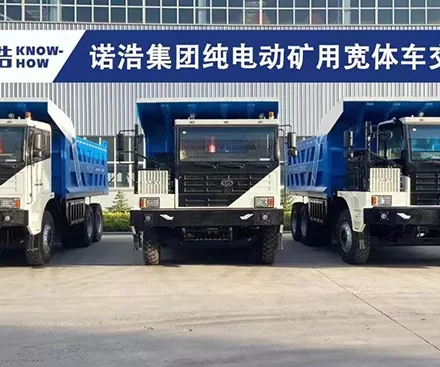In the realm of construction and excavation, technological advancements have introduced a new dimension of choices for equipment selection. The evolution of mini excavators has paved the way for a significant decision-making dilemma: electric vs non-electric mini excavators. This article aims to provide an insightful comparison between these two types of mini excavators, shedding light on their features, benefits, and considerations to assist in making the right choice for specific projects.
Electric mini excavators have emerged as a compelling alternative to their traditional, non-electric counterparts. These machines utilize electric power sources, such as batteries, to drive their operations. The shift towards electric mini excavators is driven by a range of benefits that align with sustainability and efficiency goals.
Non-electric mini excavators, powered by conventional internal combustion engines, have long been a staple in the construction industry. Their reliability and robust performance have made them the go-to choice for various projects. However, the comparison between electric and non-electric excavators presents a diverse range of factors to consider.

Electric mini excavators have a clear advantage in terms of environmental impact. They produce zero tailpipe emissions, reducing the carbon footprint on construction sites and adhering to increasingly stringent environmental regulations. Non-electric excavators, on the other hand, emit exhaust fumes that contribute to air pollution.
Electric excavators offer lower operational costs in the long run. They have fewer moving parts, reducing maintenance requirements and associated expenses. Additionally, electricity is often cheaper than traditional fuels, leading to potential savings in fuel costs.
One area where electric mini excavators excel is noise reduction. Their electric motors operate quietly, providing a more conducive and less disruptive work environment compared to the noise generated by non-electric excavators.
Non-electric mini excavators traditionally offer higher power and digging capabilities. They are well-suited for heavy-duty tasks and challenging terrains. However, electric mini excavators are rapidly advancing in terms of power and performance, making them suitable for a wide range of projects.
A significant consideration for electric mini excavators is the availability of charging infrastructure. Construction sites need to ensure that charging stations are accessible and capable of providing the required power for efficient operations.
The decision between electric and non-electric mini excavators hinges on the specific requirements of the project:
- Choose Electric If: The project prioritizes sustainability, reduced emissions, and quieter operations. Electric mini excavators are ideal for projects located in urban areas where noise and emissions regulations are stringent.
- Choose Non-Electric If: The project demands high power and performance, especially for heavy-duty tasks. Non-electric mini excavators excel in projects where digging capabilities and ruggedness are paramount.
In the ongoing pursuit of innovation, the construction industry is presented with the compelling choice between electric and non-electric mini excavators. The rise of electric excavators brings forth a more sustainable and environmentally conscious option, while non-electric excavators maintain their reputation for power and performance. The ultimate decision should be based on a thorough evaluation of project requirements, operational considerations, and environmental goals. By understanding the distinct advantages of each type, construction professionals can confidently make the right choice for their projects, contributing to efficient and sustainable construction practices.
For further insights on electric excavators, explore [The Insider's Views](https://www.know-howequipment.com/contacts/).

Jul. 23, 2022
View More
Jun. 15, 2022
View More
Jun. 01, 2022
View More